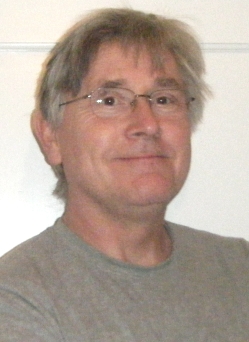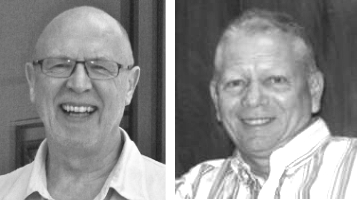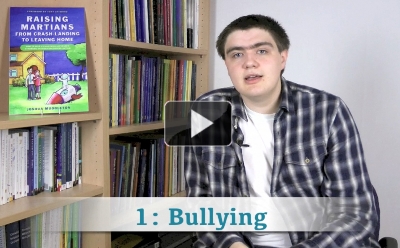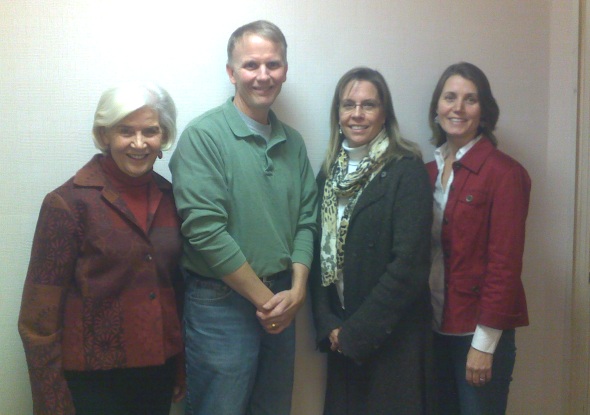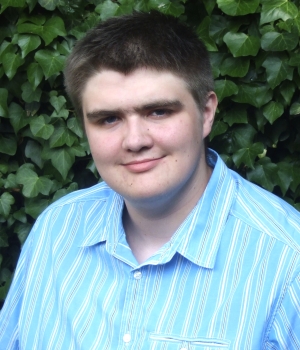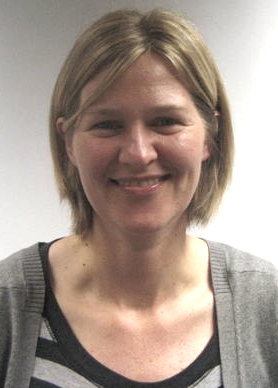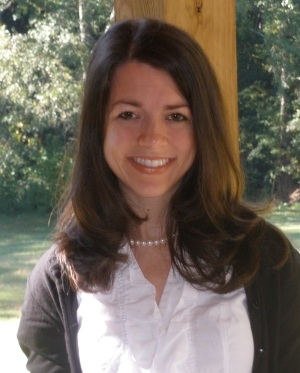Responding to young people who self-harm with concern, care and compassion – An Interview with Steven Walker
“The problem with self-harm and suicidal behaviour is that it is easily hidden, carries considerable stigma and is misunderstood by many professional staff. Evidence suggests that it is increasing as a generation of young people are exposed to a harsh economic and social climate, competition for higher education and skills training, and increases in poverty, unemployment and parents under considerable stress. Young people find ways of coping in these circumstances and self-harm is a strategy many are using to cope with feelings of anger, despair and hopelessness.”
